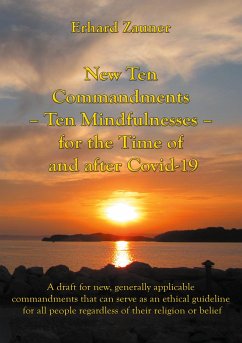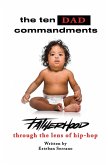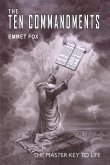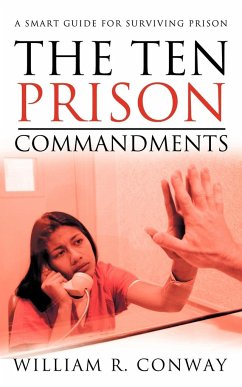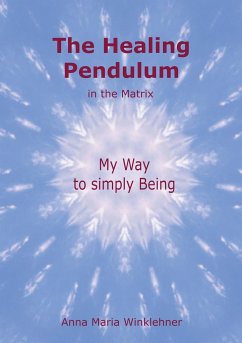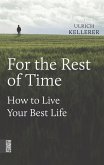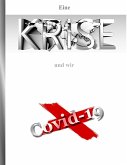In the course of his studies of the Bible, the author of course also analyzed the Ten Commandments and came across a number of inconsistencies. On closer inspection it became clear that the classic Ten Commandments of the Bible do not meet the requirements that are made of universal ethics. They are absolutely sexist, xenophobic, unbalanced, and not shaped by the all-encompassing "divine love" that is always emphasized by the church.Based on this realization that the biblical Ten Commandments were inadequate, the idea arose to design a new, comprehensive and balanced version of the Ten Commandments for all people of all faiths, but also for non-denominational and so-called unbelievers.He did not formulate his commandments either as an exclusive invitation "You should ..." or as a prohibition "You should not ...", because people living together in society are much more differentiated than being divided into "good and evil" deeds, nor regulate them with "do's and don'ts". His commandments are calls for each individual to be aware of the effects of what he is doing. That is why he prefers to call them "mindfulnesses". He deliberately formulated the new commandments very briefly and concisely so that they are easy to remember and can be applied as far as possible.

